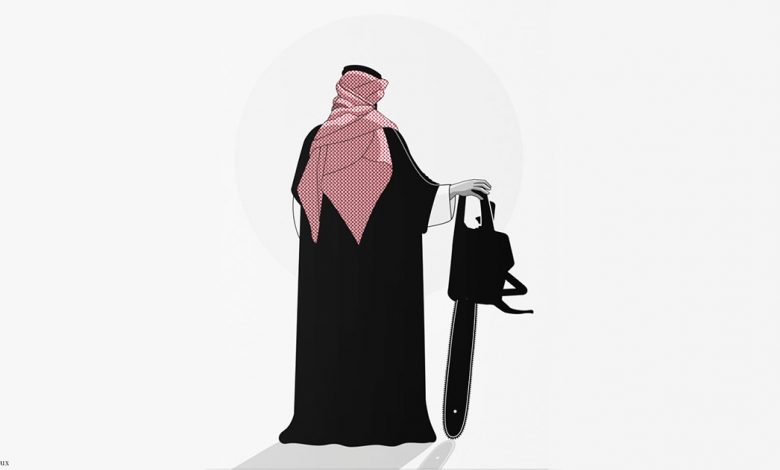
European and human rights circles unanimously agreed that the Saudi authorities’ application of the most extensive execution campaign in the history of the Kingdom two days ago cemented the image of Mohammed bin Salman, the crown prince, as a tyrannical murderer.
The High Representative of the European Union issued a statement condemning the execution by the Saudi authorities of 81 people in the largest mass application of the death penalty in the country since 2019.
The statement said this represented another worrying increase in the death penalty trend in Saudi Arabia, where 67 people were executed in 2021.
The European Union stressed that it strongly opposes the death penalty in all circumstances as a cruel and inhuman punishment, which does not act as a deterrent to crime and represents an unacceptable denial of human dignity and integrity.
The EU remains concerned about the continued use of capital punishment in Saudi Arabia and will continue to raise its position with Saudi interlocutors, advocating for a complete de facto moratorium, as a first step towards a formal and full abolition of the death penalty.
In turn, the organization Democracy Now for the Arab World (DAWN) condemned the execution campaign in Saudi Arabia, noting that among the executed, 41 people from the Shiite minority in the Kingdom.
According to Saudi reports, these people were tried in the country’s Specialized Criminal Court under the Anti-Terrorism Law, which is widely criticized as politicized and for its lack of due process.
“Today’s shocking and unprecedented mass executions in what we know are sham trials under sham laws in Saudi Arabia should dispel any allegations that Mohammed bin Salman has turned into a “reformer,” said Sarah Lee Whitson, executive director.”
Whitson added, “The pampering of Mohammed bin Salman made him more blatant, from controlling oil prices amid a global crisis to killing dozens of his citizens in one day.”
ALQST Human Rights Organization also condemned the death sentences carried out by the Saudi authorities, considering them a “step backwards concerning their promises regarding the death penalty reform.”
ALQST highlighted that the judiciary in Saudi Arabia is not independent, and the authorities have a long record of unfair trials, as they rely on confessions extracted under torture from defendants.
The Saudi authorities have long used their legal systems to prosecute and suppress opponents and activists, specifically the anti-terror system, whose broad articles target any political or critical activity as terrorist activity.
The lack of independence of the Saudi judiciary is evident in its lack of clear and transparent systems. The Saudi authorities have not yet codified the judiciary, despite their announcements on this.
Legal cases still proceed officially according to the judges’ jurisprudence. This is particularly true in the case of the Specialized Criminal Court, which tries cases related to terrorism, as the Saudi authorities have used it over the past decade to target several peaceful critics and human rights defenders.
ALQST called on the Saudi authorities to stop the execution of death sentences and abide by international covenants and covenants and the Universal Declaration of Human Rights.